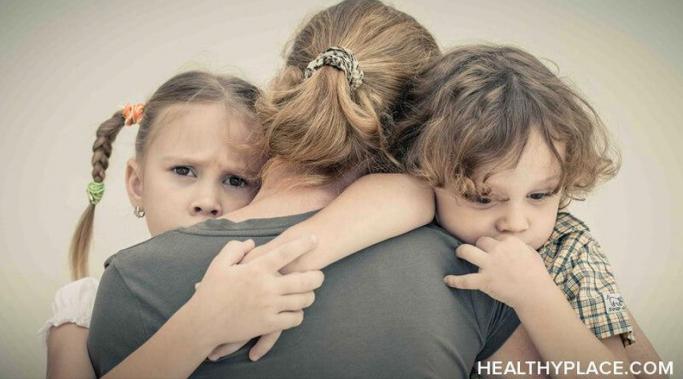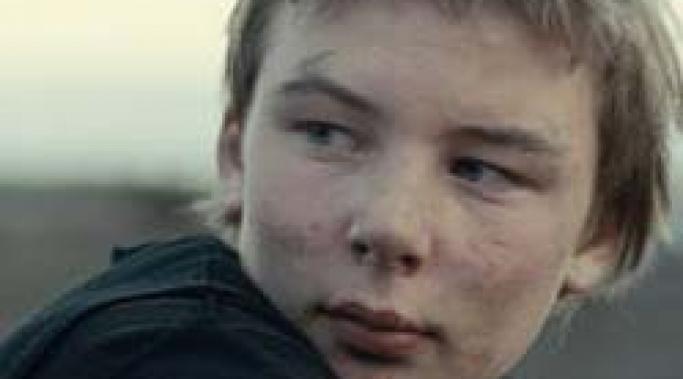Recent studies indicate that social media impacts the adolescent brain and produces anxiety and low self-esteem.
Educators have informed us for years on how vital early childhood is for brain development. Professionals stress the importance of educational activities and limiting screen time for ideal brain enhancement. Society has retooled preschool programs, children’s television, and offered early intervention for potential delays.
Children, however, go through another rapid period of brain growth during adolescence, similar to the toddler years. Little is being done to maximize these crucial learning years for adolescents and parents need to be aware of what their teenager’s brain is absorbing.
Parenting
Do you have a child with mental illness? Sometimes, receiving inquiries from others about your child's mental health situation can catch you off-guard or be awkward.
About 7.7 million adults and 20% of children and adolescents suffer from severe mental illness. Severe mental illness is chronic and requires sustained treatment. Mental health has become the most politically charged topic of today but despite attention, one population remains unrecognized.
The overwhelming neglect of parents, families, and caregivers is what led me to write my first book. I have always been aware of systemic barriers. But I wasn’t aware of the great divide between parents, families, and caregivers and mental health professionals, services, or even advocacy groups. (Parents of Mentally Ill Children Have a Long and Difficult Journey)
Recently, I spent the afternoon making greeting cards. I’m not particularly crafty, but this is a hobby my mom got me into years ago and I enjoy the creativity of making up my own designs combined with the practicality of creating something I need anyway. I have a little spot in the basement where I have all my paper and ink and stamps and glue and I spent four glorious hours all by myself figuring out the design for this year’s family holiday card. And I felt guilty nearly the entire time.
It was four weeks after my first child was born when I experienced my first intrusive thought. In fact, the thought itself – a vision of myself placing my hand over his mouth – wasn’t unusual, as disturbing as it was. My reaction, however, was.
Let’s say you are a Mom, just diagnosed with breast cancer. After the shock wears off, you get on the phone and quickly connect to a network of knowledge given you by friends and friends of friends. You get names of doctors, surgeons, hospitals; you learn about treatment options. Friends and family visit; out-of-towners send cards and flowers. People you hardly know stop by to deliver meals. You are supported by friends and family; confident in your health care choices.
- Or:
Let’s say you are a mom, and your 19 year old daughter is asked to take a leave of absence from college.
Although cyber bullying is not seen by many parents as being as serious as face-to-face bullying, it can be more dangerous as it creates the possibility of a wide-spread and more severe attack on an individual. The effect of bullying can be devastating and cyber bullying can result in peer group exclusion, victimization, and public humiliation of a child or adolescent.
Mothers need to be deeply aware of what they convey to their daughters through the attitudes they model about their own relationship to their bodies, their self-talk about how they look or "ought to" look, and how secure they seem in their choices. When a mother is battling low self-esteem or not even battling because she's unaware it's a root cause of frustration within her life, her daughter is likely to carry this burden as well.
As family therapists, we are seeing more and more young people who are suffering from various degrees of teenage depression, childhood anxiety, addictions and social isolation as they try to mask all of the emotions and negative consequences associated with these self-defeating behaviors. We also see many concerned and baffled parents who struggle with trying to find ways to help their wounded and isolated kids.
I developed school refusal in eighth grade. It wasn’t sudden. Over several months, I went from a straight A student who was reluctant to miss school even when sick, to a near dropout. First, my schoolwork suffered. I hid the cause of my academic decline behind rebellion and dyed black hair, so my school blamed hormones and started handing out detentions.









